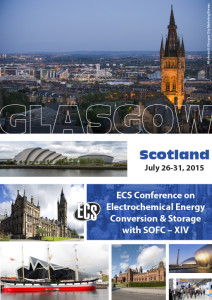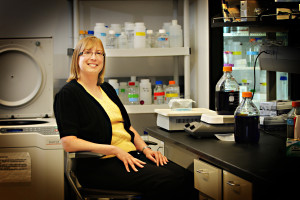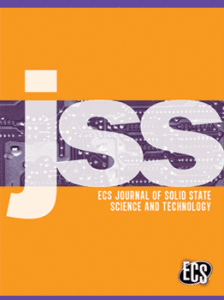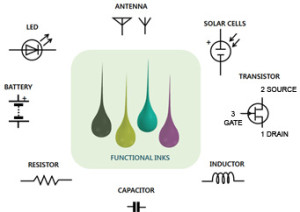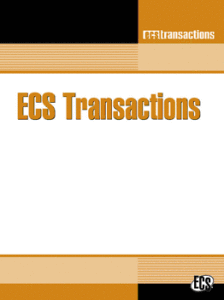
With the largest digital collection of electrochemistry and solid state related proceedings, ECST has published 750+ issues and over 16,000 articles since its launch in 2005.
A new issue of ECS Transactions has now been published from the Fuel Cell Seminar & Energy Exposition 2014 meeting. This meeting was sponsored by The Electrochemical Society.
Volume 65
Fuel Cell Seminar & Energy Exposition 2014
Los Angeles, California, USA
November 10-13, 2014
For more information on ECS Transactions, please visit ECST. Issues are continuously updated and all full-text papers will be published here as soon as they are available.
Get currently published issues of ECST.
To be notified of newly published articles or volumes, please subscribe to the ECST RSS feed.


